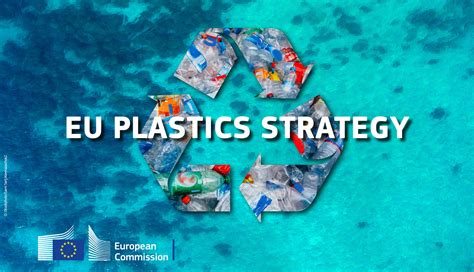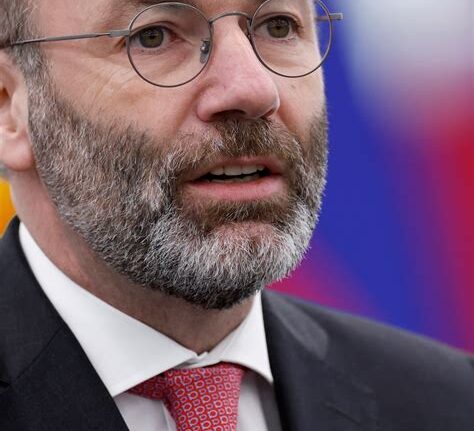The European Union is taking a strong stand in the global fight against plastic pollution. At the plastic pollution talks in Busan, South Korea, Hungarian Environment Minister Anikó Raisz emphasized the EU’s unwavering commitment to achieving a comprehensive plastic treaty that addresses the root causes of the crisis.
Raisz’s Stance
Raisz made it clear that the EU is determined to go beyond mere waste management solutions and tackle the upstream issues related to plastic production. She firmly stated, “We’re not interested in a waste management convention.” This position puts them at odds with oil-rich countries like Iran, Russia, Saudi Arabia, and major plastic producers such as China.
Challenges from Oil States
Oil-rich nations have been pushing for a focus on waste management rather than addressing production issues. However, Raisz highlighted that any effective strategy to combat plastic pollution must address both consumption and production aspects. With most plastics derived from oil and gas, curbing production levels is critical to making a substantial impact.
As discussions unfolded, it became evident that reaching a consensus would require overcoming significant resistance from countries reluctant to commit to reducing plastic production levels. The proposal put forward by Panama advocating for global targets aimed at sustainable production levels received support from the EU and over 100 other nations.
Expert Insight:
According to environmental analysts, reducing plastic production is a crucial step towards achieving long-term sustainability goals. By setting global targets for sustainable levels of production, countries can make tangible progress in combating environmental degradation caused by excessive plastic usage.
Striving for Meaningful Results
Raisz stressed the importance of meaningful outcomes in the treaty negotiations. While acknowledging challenges in recycling all produced plastics efficiently, she underscored the necessity of scaling back production to achieve sustainable levels aligned with environmental preservation objectives.
Panamanian official Juan Carlos Monterrey Gómez echoed this sentiment by urging hesitant parties to commit to reducing production or step aside and allow proactive measures to be implemented. His impassioned plea reflected growing frustrations among advocates for more decisive action against plastic pollution.
The release of a draft text intended as a pivotal moment in negotiations fell short of expectations during intense deliberations lasting several hours. Key unresolved issues surrounding plastic production targets, financing mechanisms, and regulation of hazardous chemicals continued to impede progress towards finalizing an agreement.
Insider Perspective:
Negotiators familiar with closed-door discussions revealed lingering uncertainties about the viability of current proposals and expressed concerns that unresolved differences could derail efforts towards reaching a consensus before the looming deadline.
As stakeholders navigate complex debates on various aspects of the treaty text, including potential financial arrangements and regulatory frameworks, speculation arises about alternative pathways if conclusive agreements remain elusive within existing negotiation structures.
In light of mounting tensions over critical sticking points within treaty negotiations—especially pertaining to curbing plastic outputs—an air of uncertainty lingers over whether additional rounds of talks or alternative approaches will be necessary to advance towards effective global solutions.
Ultimately–as negotiators grapple with divergent viewpoints on key issues shaping international efforts against plastic pollution—the urgency remains high for collaborative actions aimed at mitigating environmental risks associated with rampant plastic consumption.









Leave feedback about this